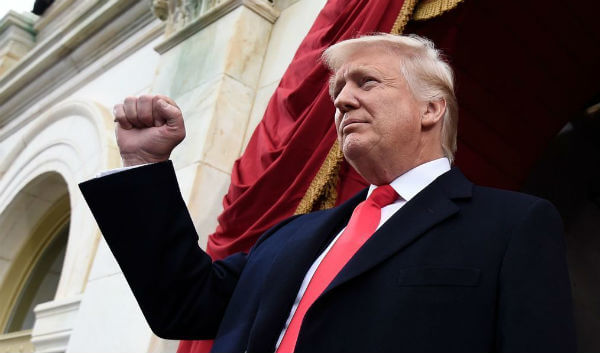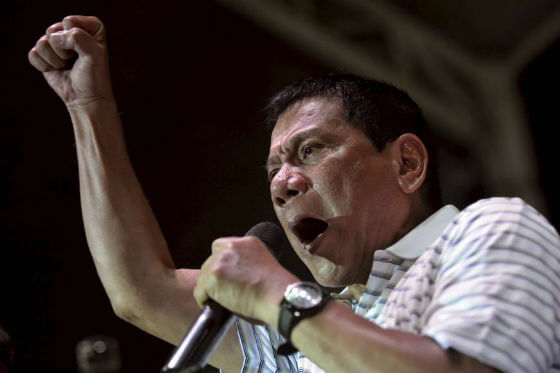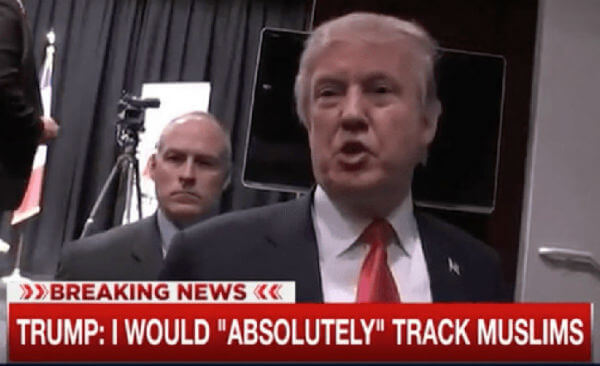Reuters reports: In her first interview since her stunning presidential election defeat by Republican rival Donald Trump, Hillary Clinton on Thursday called for the United States to bomb Syrian air fields.
Clinton, in an interview at the Women in the World Summit in New York, also called Russian interference in the 2016 presidential election a theft more damaging than Watergate.
Asked whether she now believes that failing to take a tougher stand against Syria was her worst foreign policy mistake as secretary of state under President Barack Obama, Clinton said she favored more aggressive action against Syrian President Bashar al-Assad.
“I think we should have been more willing to confront Assad,” Clinton said in the interview, conducted by New York Times columnist Nicholas Kristof.
“I really believe we should have and still should take out his air fields and prevent him from being able to use them to bomb innocent people and drop sarin gas on them.”
Clinton noted that she had advocated for a no-fly zone in Syria after leaving government, something that Obama opposed. [Continue reading…]
Following the U.S. missile strikes on a single airfield in Syria, Code Pink, voicing what is no doubt widely-held anti-war sentiment, tweeted: “We need to end the war in #Syria, not escalate it. US intervention will not end this horror. We need a ceasefire and a political solution!”
Bashar al-Assad, on the other hand, this week asserted he sees no “option except victory” in the war.
Assad’s pursuit of victory precludes the possibility of a political solution to the conflict. His ability to pursue that goal has been sustained, with Russia and Iran’s support, by his ability to control the skies over Syria and from there rain down terror (mostly in the form of barrel bombs) on a population that is essentially defenseless from aerial assault.
The demolition of Syria’s airfields — most of them, not just one — far from representing a reckless escalation of the war, should on the contrary be seen as a kind of embargo on the transportation and dropping of bombs.
But don’t innocent people always get killed whenever military action takes place?
Consider last night’s cruise missile strikes: Reuters reports that the Syrian army said the attack killed six people at its air base near the city of Homs.
However, the Pentagon said: “Russian forces were notified in advance of the strike using the established deconfliction line. U.S. military planners took precautions to minimize risk to Russian or Syrian personnel located at the airfield.”
So why were there any casualties?
The most likely reason is because Syrian commanders wanted to parade a few bodies of their own soldiers as victims of American aggression.
If American restraint actually had the effect of hastening a political solution in Syria, the war would already be over — whatever else can be said about President Obama’s approach to Syria, no one can plausibly argue that it was lacking in restraint.
The question now revolves around the mercurial intentions of his successor who just days ago was offering Assad a free pass to remain in power.
Does Trump fire cruise missiles more carefully than tweets?
I’m willing to assume so, not because I think he’s discovered a new sense of responsibility but mostly because they can’t be launched from his phone.
At this moment at least, Trump is largely following directions and a script — from his national security advisor, Gen. H.R. McMaster and Defense Secretary Mattis.
Now more than ever, however, it should be clear what a massive liability is imposed both on America and the rest of the world when the voice of an American president has such little credibility.



